Dehydrating Drinks: Best and Worst Drinks for Dehydration
Not all fluids are hydrating, and drinking sugary drinks, sodas, alcohol, and caffeinated beverages can impact the body’s fluid balance and cause dehydration.
Let’s look at the most dehydrating drinks and discover what beverages you should drink to stay hydrated.
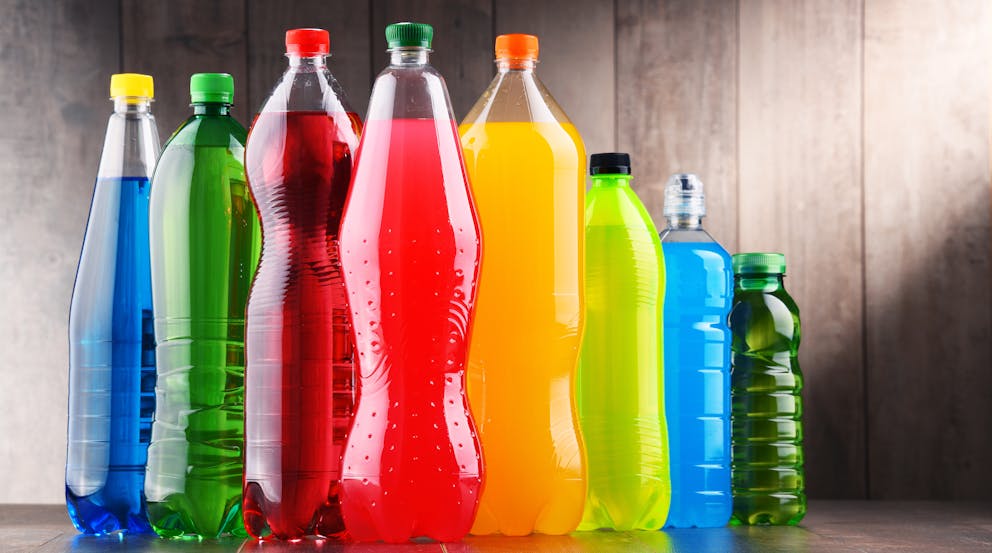
Can drinks cause dehydration?
Certain drinks have diuretic effects, meaning that they increase urine production, which impacts the body's fluid balance and causes dehydration.
While it’s well known that alcohol has dehydrating effects, many people believe that all non-alcoholic fluid intake counteracts fluid loss and promotes hydration. However, this is inaccurate.
Research published in the American Journal of Physiology found that caffeinated drinks, sugary beverages, and drinks containing high fructose corn syrup can suppress the production of vasopressin, a hormone that regulates kidney function and maintains fluid balance.
In addition, the authors suggest that sugar-sweetened beverages not only contribute to dehydration but also increase the risk of kidney injury, which may explain why individuals with a soda habit are at increased risk of kidney disease.
Watch the video below to find out if you show signs of dehydration.
6 dehydrating drinks to avoid
Not all fluids are equally effective at hydrating the body, and relying on sodas, fruit juices, or beverages with a high caffeine content to stay hydrated can leave you at risk of dehydration, poor kidney function, and low energy levels.
Here are six of the most dehydrating drinks to avoid.
1. Soda
Most sodas contain caffeine and have a high sugar content, both of which have dehydrating effects.
While caffeine increases urination, sugar changes the osmotic pressure within the gastrointestinal tract, which draws water into the intestines and contributes to water loss.
A study published in Regulatory, Integrative, and Comparable Physiology investigated the hydration effects of sugary drinks and concluded, “Rehydrating with soft-drink-like beverages worsens dehydration and exacerbates dehydration associated with renal damage.”
It’s important to note that drinking diet soda isn't a suitable alternative to sugar-sweetened beverages.
Diet sodas typically contain artificial sweeteners such as aspartame, sucralose, and saccharin, which have mild diuretic effects and, if combined with caffeine, can contribute to considerable water loss and dehydration.
2. Caffeinated drinks
Drinking caffeinated beverages such as coffee, tea, sodas, energy drinks, and certain sports drinks won’t have a hydrating effect and may contribute to dehydration.
Caffeine stimulates urine production and can interfere with the reabsorption of water in the renal tubules, which triggers increased water loss and urination.
However, the diuretic effects of caffeine ingestion appear to vary among individuals. While some people can consume several cups of coffee daily without experiencing excessive fluid loss, others need significantly less caffeine to develop signs of dehydration.
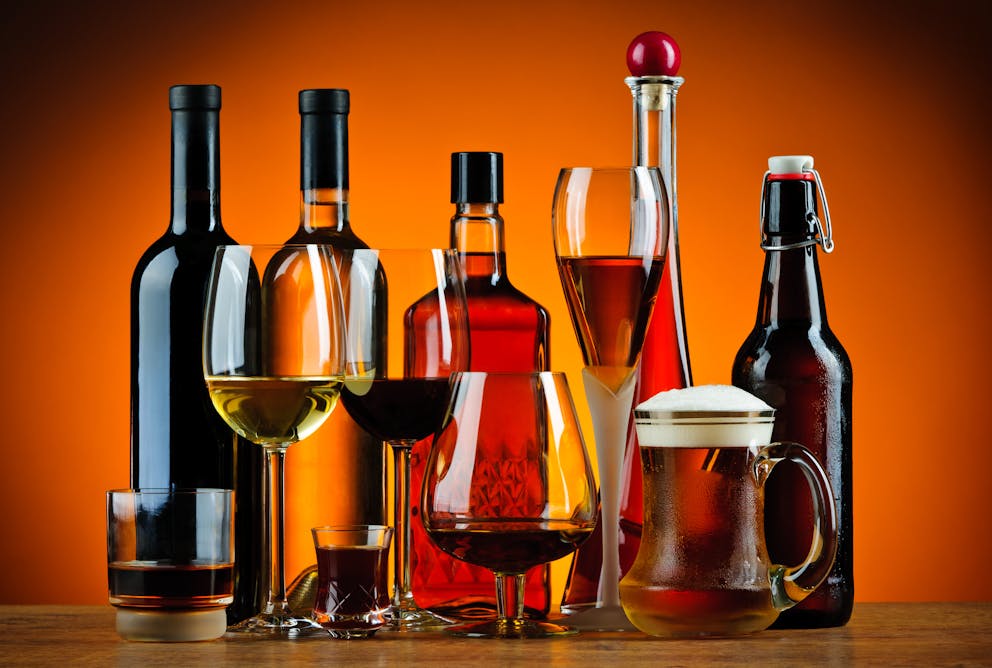
3. Alcohol
Drinking alcohol dehydrates you, and consuming alcoholic beverages typically causes dehydration-related hangover symptoms, including headaches, low energy, a rapid heartbeat, dry mouth, and dizziness.
Alcohol increases urination, depletes electrolytes, and interferes with the body’s ability to restore fluid balance, all of which are primary causes of fluid loss and dehydration.
In addition, many people consume alcohol in the form of mixed drinks, which often have significant amounts of added sugars that can exacerbate water loss and worsen alcohol-related dehydration.
4. Plain water
While it may seem counterintuitive, drinking water is not the best way to stay hydrated.
Plain water lacks essential electrolytes such as potassium, sodium, chloride, calcium, and magnesium, which play a crucial role in maintaining the body’s fluid balance and preventing dehydration.
Electrolytes, especially sodium and potassium, facilitate the movement of water into and out of cells. A lack of adequate electrolyte levels can cause fluids to simply pass without being absorbed into the body, which explains why you can be dehydrated despite drinking a lot of water.
Factors such as poor dietary habits, gastrointestinal issues, certain medications, and excessive sweating can lead to electrolyte imbalances, and rehydrating with plain water can further deplete electrolytes and worsen dehydration.
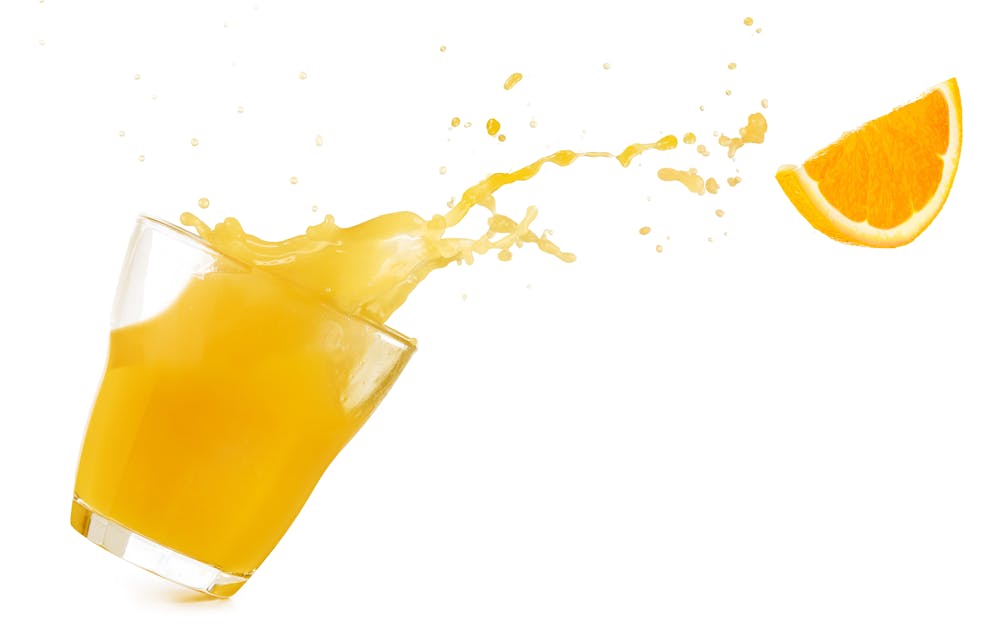
5. Fruit juices
Not only are fruit juices packed with sugar, which contributes to dehydration, but fruit juice also tends to lack electrolytes and is highly acidic, which can cause intestinal irritation in sensitive individuals.
Intestinal inflammation can impair the body’s ability to absorb fluids from the foods and beverages you consume, leaving you at risk of dehydration.
6. Sports drinks
Pre-mixed isotonic sports drinks are becoming increasingly popular and are marketed as a health-promoting source of electrolytes to support optimal hydration.
However, these beverages are typically laden with sugar and contain high concentrations of caffeine, which explains why consuming sports drinks can cause dehydration and weight gain.
Evidence published in Nutrients confirms the detrimental health effects of sports drinks and concludes that regular consumption of sugar-sweetened electrolyte drinks is associated with weight gain, tooth enamel erosion, and inadequate hydration status.
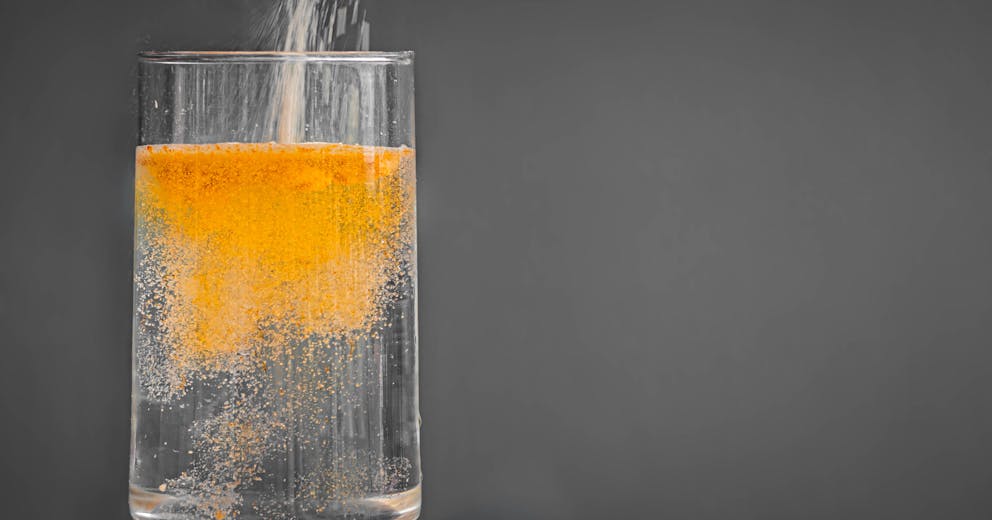
Best drinks for hydration
Here are some of the best drinks to promote balanced fluid levels and keep you hydrated.
1. Electrolyte-enriched water
Consuming water enriched with electrolytes is one of the most effective strategies to avoid dehydration.
Avoid pre-mixed sports drinks and instead opt for a sugar-free electrolyte powder formulated with a potassium-to-sodium ratio of around 1,000 milligrams of potassium and 40 milligrams of sodium.
“Maintaining a balanced sodium-to-potassium ratio in the body is crucial to achieve optimal hydration, promote cardiovascular health, and lower the risk of high blood pressure and strokes,” explains Dr. Berg.
Alternatively, you can make your own electrolyte drink or add electrolytes to carbonated water if you enjoy the thirst-quenching illusion of carbonated soft drinks.
2. Lemon water
Lemons are highly nutritious and a good source of electrolytes, including potassium, magnesium, and calcium, and drinking lemon water daily can help prevent fluid loss and avoid dehydration.
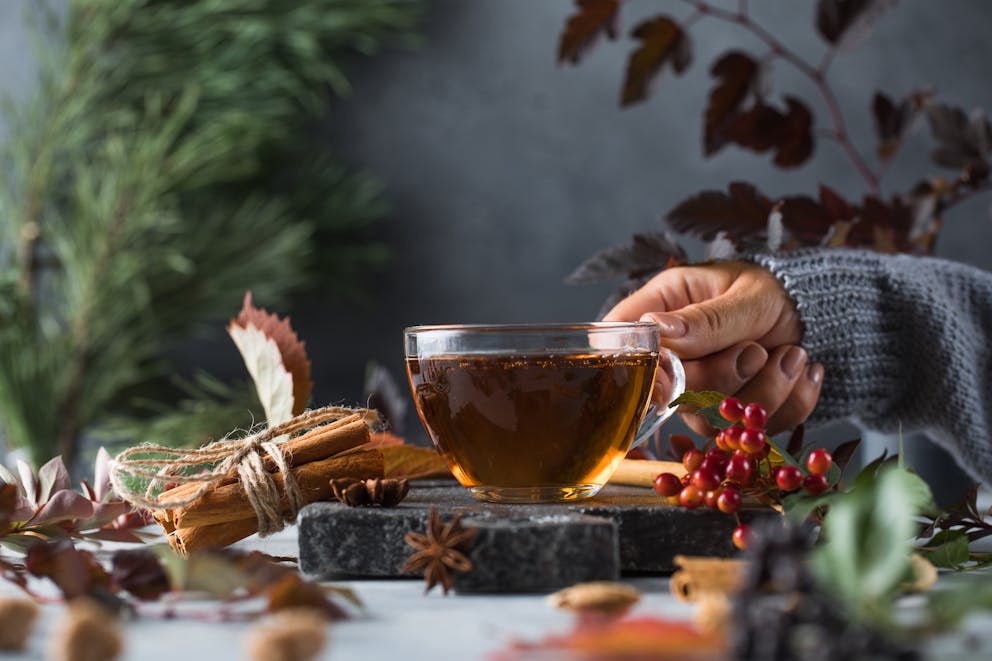
3. Herbal teas
Herbal teas are caffeine-free and a great alternative to coffee and caffeinated tea, which have diuretic effects.
In addition to being hydrating, many herbal teas have health-promoting properties that can help lower inflammation, support heart health, or promote relaxation and restful sleep.
These herbal teas can help you stay hydrated:
Hibiscus tea
Chamomile tea
Turmeric tea
Peppermint tea
Ginger tea
Licorice root tea
4. Coconut water
Coconuts are a rich source of electrolytes, making coconut water an excellent beverage to promote hydration.
However, it’s important to check the nutritional label and avoid coconut water high in carbohydrates or added sugars.
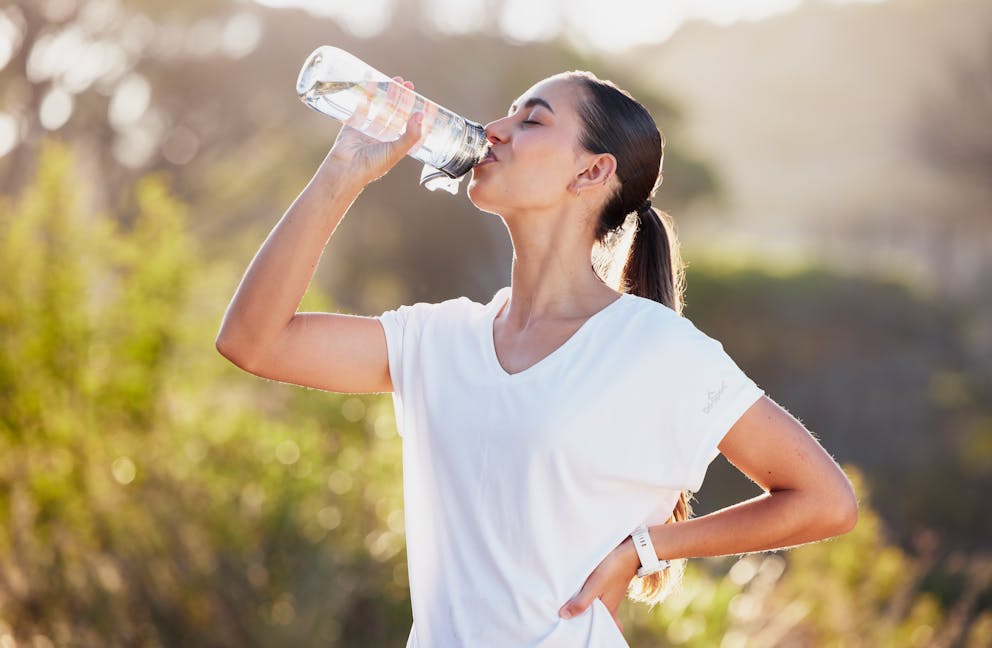
Key takeaways
Not all fluids are hydrating, and drinking sugary drinks, sodas, fruit juices, sports drinks, alcohol, or caffeinated beverages can trigger water loss and cause dehydration.
To promote optimal hydration, it’s crucial to limit or avoid dehydrating drinks and instead opt for water with sugar-free electrolyte powder, herbal teas, lemon water, or coconut water without added sugars.
FAQ
1. What drinks dehydrate you the most?
Some of the most dehydrating drinks include sodas, fruit juices, sugar-sweetened drinks, caffeinated beverages, alcohol, and sports drinks.
2. Can sugar cause dehydration?
Yes, sugar has dehydrating effects.
Sugar changes the osmotic pressure within the digestive tract, which causes fluids to be drawn from the body into the intestines, contributing to water loss and dehydration.
3. What should I drink to avoid dehydration?
The best drink to avoid dehydration is electrolyte-enriched water. Electrolytes play a crucial role in facilitating fluid absorption into the body, and electrolyte imbalance can cause dehydration despite drinking plenty of fluids.
However, it’s best to avoid pre-mixed electrolyte sports drinks with added sugar and instead use a sugar-free electrolyte powder to replenish electrolytes and avoid dehydration.
4. What happens if you only drink soda and no water?
Most soda products contain sugar and caffeine, which trigger fluid loss, and drinking only soda and no water can lead to dehydration.
In addition, consuming too much soda can cause kidney issues, weight gain, metabolic imbalances, cardiovascular problems, and poor dental health.
5. Does soda dehydrate you?
Yes, soda can dehydrate you. Soda is typically high in sugar and caffeine, which have diuretic properties and negatively impact the body’s ability to regulate fluid balance.
6. Are energy drinks good for hydration?
No, energy drinks aren’t good for hydration.
Energy drinks are often high in caffeine and sugar, which stimulate increased urine production, cause fluid loss, and interfere with normal kidney function.
7. Is water the best drink for hydration?
While water is one of the best drinks for hydration, drinking plain water without electrolytes can worsen dehydration.
Electrolytes facilitate the absorption of fluids into the body, and drinking water with a sugar-free electrolyte powder high in potassium is an excellent strategy to support fluid balance and promote optimal hydration.
Sources
Previous blog
Overhydration: Causes, Symptoms, and PreventionTags

Popular
08/21/2024
55.7K views
02/23/2025
46.8K views
11/18/2024
281.1K views
03/18/2024
11/21/2022




